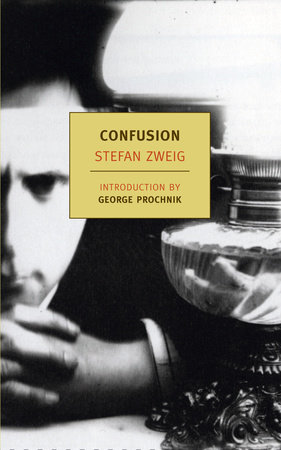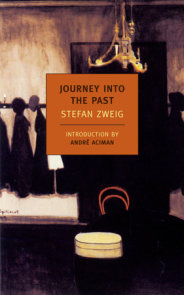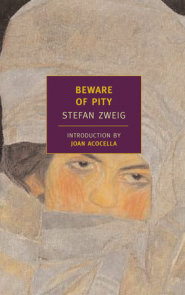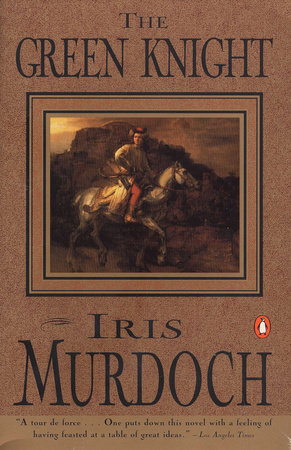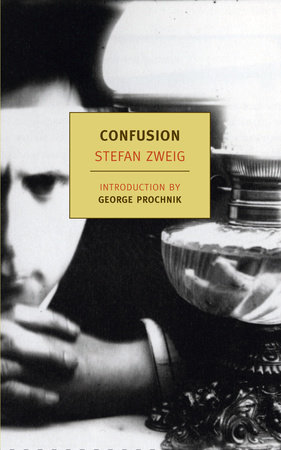

Confusion
By Stefan Zweig
Introduction by George Prochnik
Translated by Anthea Bell
By Stefan Zweig
Introduction by George Prochnik
Translated by Anthea Bell
By Stefan Zweig
Introduction by George Prochnik
Translated by Anthea Bell
By Stefan Zweig
Introduction by George Prochnik
Translated by Anthea Bell
Category: Literary Fiction
Category: Literary Fiction

-
$17.95
May 29, 2012 | ISBN 9781590174999
-
Jul 25, 2012 | ISBN 9781590176610
YOU MAY ALSO LIKE
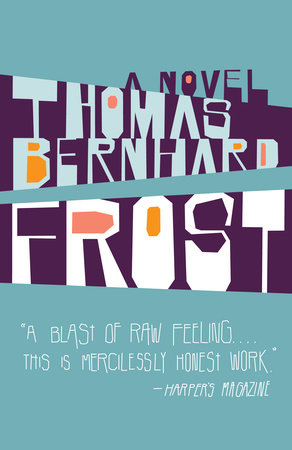
Frost
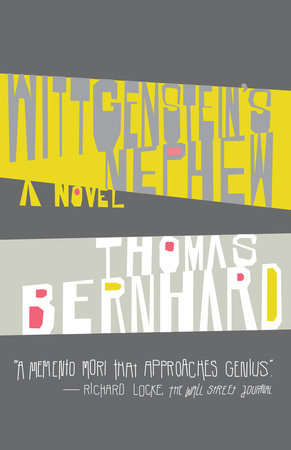
Wittgenstein’s Nephew
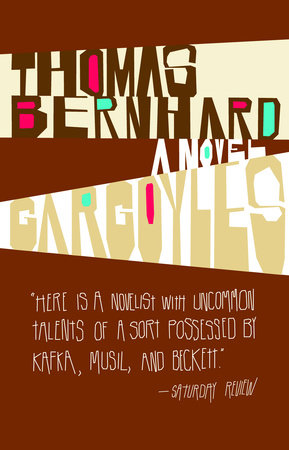
Gargoyles
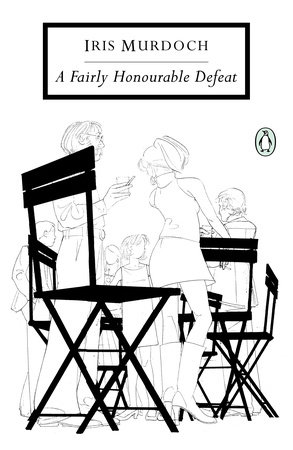
A Fairly Honourable Defeat
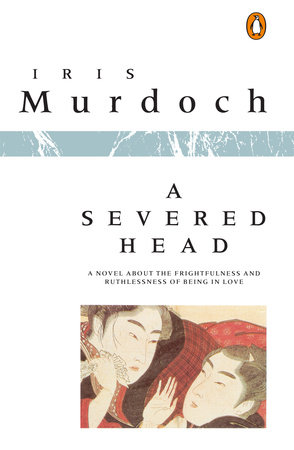
A Severed Head
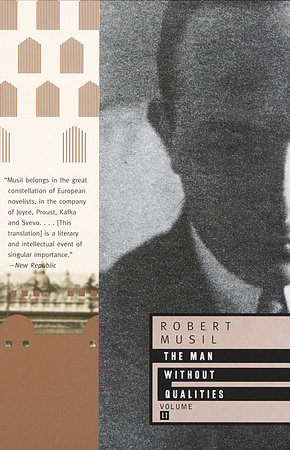
The Man Without Qualities, Vol. 2
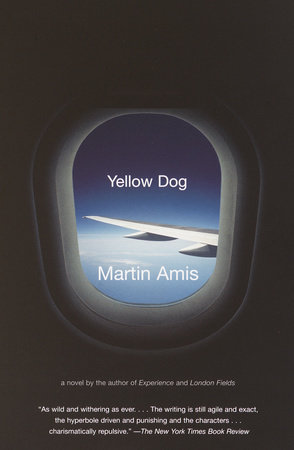
Yellow Dog
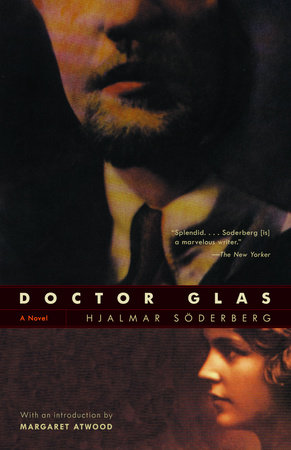
Doctor Glas
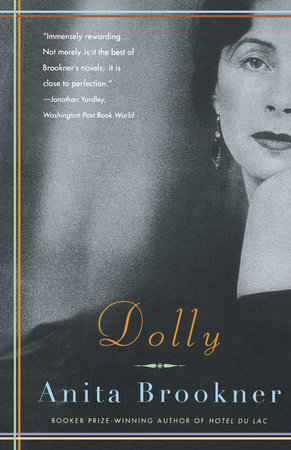
Dolly
Praise
“Confusion is one of his finest and most exemplary works . . . a marvelously poised account of misunderstood motives, thwarted love, and sublimated desires . . . a perfect reminder of, or introduction to, Zweig’s economy and subtlety as a writer.” —Robert Macfarlane, The Times Literary Supplement
“Passion and dedication . . . Outside the works of Plato, I don’t think I have ever read a better or more honest account of what ill always remain at the heart of teaching” —Gabriel Josipovici, The Jewish Chronicle
“Confusion, which I recently devoured at a sitting, is in essence a simple story. An elderly academic looks back on the most intense and formative relationship of his life.” —Harry Eyres, Financial Times
“A brilliant writer.” —The New York Times
“In fiction, I have been on a Zweig kick. In England over December, I noticed that many British newspapers’ year-end recommenders were praising the Pushkin Press for reissuing several works by Stefan Zweig, a brilliant Austrian writer whose work brings to mind that of his compatriot Joseph Roth… these fictions are a treat of prewar European literature” —Sylvia Brownrigg, The New York Times
“Zweig belongs with three very different masters who each perfected the challenging art of the short story and the novella: Maupassant, Turgenev and Chekhov” —Paul Bailey
“One hardly knows where to begin in praising Zweig’s work. One gets the impression that he actively preferred to write about women, and about the great moral crises that send shivers down the spines of polite society” —Nicholas Lezard, The Guardian
“The secret superstar” —Julie Kavanagh, Intelligent Life (The Economist)
“My advice is that you should go out at once and buy his books” —Anthony Daniels, The Sunday Telegraph
“Admired by readers as diverse as Freud, Einstein, Toscanini, Thomas Mann and Herman Goering.” —The New York Times
21 Books You’ve Been Meaning to Read
Just for joining you’ll get personalized recommendations on your dashboard daily and features only for members.
Find Out More Join Now Sign In








